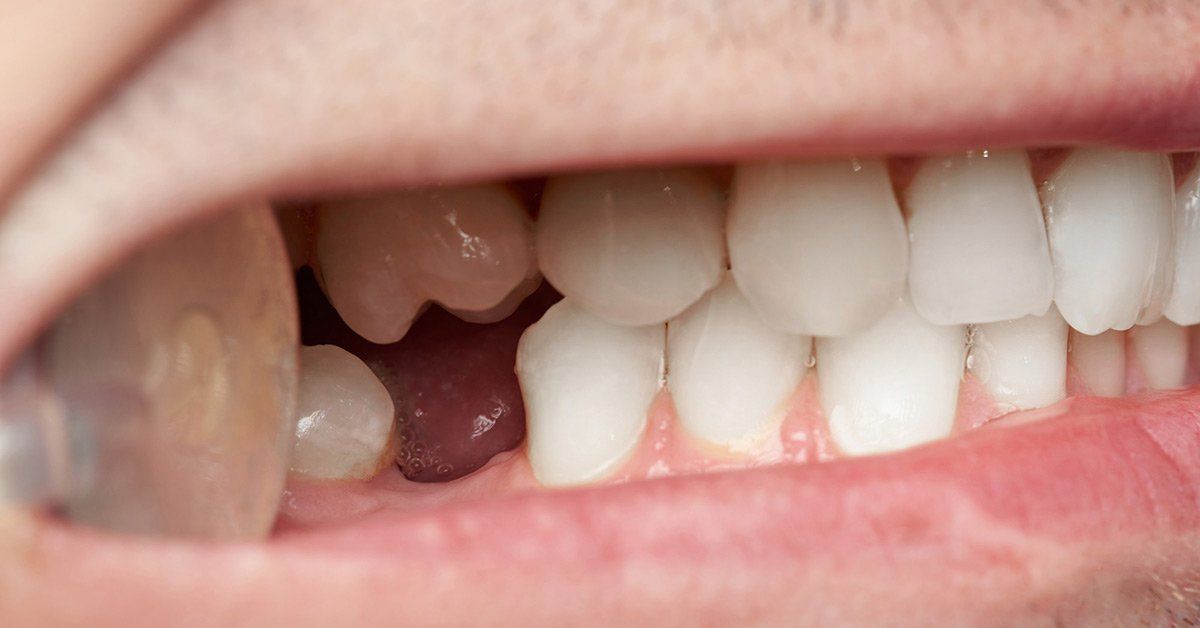What Are the Different Types of Dental Implants?
There are several types of dental implants you should be familiar with. If you would like to learn more, check out our guide here.
Are you looking to get dental implants to improve your smile? Dental implants come in different types, each with varying sizes, coating, and connectors. Below, we will help you know the differences between the types of dental implants.
Missing teeth can cause a lot of dental issues, especially when it's the front teeth. By age 50, US adults are missing an average of 12 teeth , including their wisdom teeth. Now, it’s easy to replace your missing teeth with dental implants.
To get the most out of your dental implants, you need to know the best type to get as tooth replacements. Keep reading to learn about the dental implant types. Here, you’ll also learn which type will suit you best.
Types of Dental Implants: Endosteal Implants
There are two types of dental implants, one of which is the endosteal or endosseous type. The endosteal dental implant is the more common type of dental implant. This type often gets used as an alternative to a bridge or denture.
You can get endosteal implants as long as you have a good, healthy jawbone. However, dental surgeons can also abstain from operating on you. Later, we’ll discuss who can’t get implants and the risks of getting dental implants.
When you get an endosteal implant, you’ll have a screw-like placeholder placed onto your jaw. The typical healing time for an endosteal implant is between 2 and 6 months. You must wait for osseointegration.
This is the process in which your jawbone will grow into the implant as a root for the artificial tooth. Once it heals up, your dentist will next attach and fit the artificial tooth onto it.
The endosteal implant is a type that is the most stable and natural-feeling.
Subperiosteal Implants
If you have a worn, narrow, or short jawbone, your dentist may recommend a different procedure. This second choice is the subperiosteal implant. Unlike endosteal implants, the surgeon will not screw the implant onto your jawbone.
Instead, the implant base will rest on the jawbone, and soft tissue will hold it in place. The implant will rest under the gum and over the jawbone. When the gum heals around the frame, the false teeth will get secured to the poles that come from the gum.
This makes for a less stable dental implant. However, it’s a good alternative if you don’t want to wait long for the implant to heal. It’s also a good alternative if you’re not eligible for an endosteal implant.
The subperiosteal implant procedure occurs in two stages.
In the first, the dentist or surgeon makes an impression of the bone for the frame. In the second stage, the surgeon will cut the gums open, install the frame, and stitch it back closed. The recovery time for a subperiosteal implant can take six months.
All-on-4 Dental Implants
Your dental implant options don’t stop at endosteal and subperiosteal implants.
The All-on-4 type of dental implant is perfect for patients who are missing all their upper or lower teeth.
Instead of one tooth, this type of implant can replace all the teeth in an arc. This is one of the most secure types of dental implants.
Four titanium screws will hold the whole arc of artificial teeth onto the jawbone. The two back implants will get placed at an angle. Like the traditional types, this implant will take a while to heal and can last 20-25 years.
Other Kinds of Dental Implants
Finally, let’s take a look at the newer types of dental implants. First, we have implant overdentures. It’s a combination of implants and overdentures, making it one of the best dental implant types.
The other kind is implant-supported bridges. It’s a good option if you have one or more missing teeth and a weak jawbone. It works a lot like a tooth bridge but with dental implants instead of sculpted-down teeth.
Risks of Getting Dental Implants
Always remember that implant surgery presents some complications. These can occur during or after the surgery. Such complications or issues include:
-
Infection
-
Nerve damage
-
Opening of the incision following surgery
-
Movement of the implant
-
Exposure of the implant above the gumline
Even though getting dental implants is easy, it still presents some risk to the patient. Below, we’ll discuss the people who aren’t eligible for; or are at risk when they get, dental implants.
You can't get dental implants if you have heavy smoking habits. You also won't get implants if you have HIV, AIDS, and psychiatric disorders. If you often grind or clench your teeth as a habit, you won’t want to get dental implants, as well.
Dental surgeons will also check your health before they operate on you. They won’t operate on you if you have:
-
Some acute illnesses
-
Uncontrollable metabolic disease
-
Bone or soft tissue disease or infection
-
Osteoporosis
Before you get an implant surgery, tell your dentist or doctor about your medications. Share any treatments you’re undergoing. Such information can be vital to your health.
Why You Need Dental Implants
Remember, it’s important to replace your missing teeth. Depending on the location of a tooth, the impact of a missing tooth may seem insignificant. However, there is always the danger that your remaining teeth will get affected.
When you have a missing tooth, your other teeth will compensate for it. This can change your bite. It can cause other teeth to wear or deteriorate faster because they have to work harder to chew.
Your teeth also play a role in maintaining the build or structure of your face. Having missing front teeth isn’t a good look for people. Plus, you’ll have difficulty speaking, eating, and drinking or sipping.
Not getting a dental implant after you had a tooth removed can also cause the remaining teeth to shift and move. This can create tooth gaps where you had none before. You may also develop dental issues like sensitivity, tooth grinding, and difficulty chewing.
Pick the Best Type of Dental Implant for You
We hope you enjoyed reading about the different types of dental implants. Use this information to find the best dental implants for you and your oral health.
Are you looking for one of the best dental clinics in New York? At Riverside Dental Care, we’ve got you covered. Visit our contact page now to let us know when you’re available for appointments.



